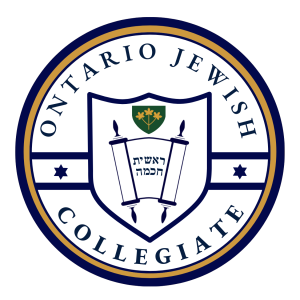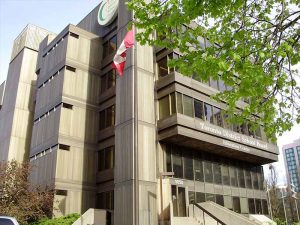Universities should protect a student’s right to free speech, even if their opinions are a veil for anti-Semitism, said Jack Lightstone, president and vice-chancellor of Brock University.
Lightstone was one of eight speakers to testify at a Jan. 25 hearing held by the Canadian Parliamentary Coalition for Combating Anti-Semitism (CPCCA). The CPCCA hearings, which began on Nov. 2, are being held to discuss the issue of anti-Semitism in Canada.
Speakers at last week’s session included Lightstone; Patrick Case, director of the human rights and equity office at the University of Guelph; Morton Mendelson, deputy provost of student life and learning at McGill University; Bonnie Patterson, president and CEO of the Council of Ontario Universities; Gerald Gerbrandt, president of the Canadian Mennonite University; Michel Lamontagne, special adviser for institutional relations at the Université de Montréal; Marilou McPhedran, principal of Global College at the University of Winnipeg, and Stephen Owen, vice-president of external, legal and community relations at the University of British Columbia.
According to Lightstone, some students on campus may be finding an outlet for their anti-Semitism by criticizing the Israeli government.
“There is one garment in which Jew-haters can cloak themselves, and that is criticism of Israeli politics,” he said. “But outing anti-Semites by banning the cloak may be a cure that’s worse than the disease.”
Lightstone went on to say that free speech must be protected in Canadian universities, as long as students are not engaged in hate speech.
“It does not matter whether criticism makes those who support the contrary views uncomfortable. Even the expression of distasteful and stupid ideas must be tolerated so that they may be confronted by their critics,” he said.
Mendelson of McGill agreed, and during his testimony, he read an opinion piece he wrote that ran in the McGill Tribune, a student newspaper.
“The freedom to express a wide range of ideas… is essential in a modern university,” he read. “Our tolerance may be tested, but as long as the audience is present by choice and not by accidental requirement, even objectionable speech ought to have its place.”
Owen of UBC stressed the importance of open dialogue between Muslim and Jewish campus groups. He used last March’s Israeli Apartheid Week as an example, stating that, during this time, the university’s administration met with both groups to encourage a conversation between Jewish and Muslim students.
Owen added that there must be a balance when dealing with freedom of speech.
“Unlimited free speech can be anarchic. If… it’s so free that we bear no responsibility… then that’s going too far,” he said. “But as well, if we’re so secure that nobody can say anything to insult us, to offend us, then we’re just frozen, we’re in prison. So finding that balance is a challenge.”
The final CPCCA hearing will take place on Feb. 8.






